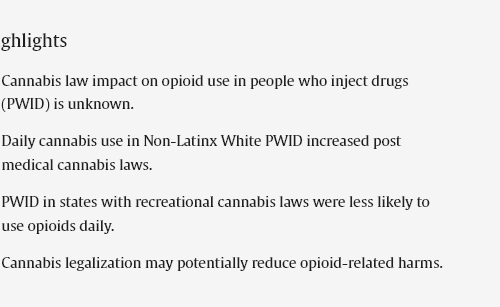There seems to be little sense in which risks people find praiseworthy, and which we condemn, writes Dan Gardner
Last week, a physicians’ group called on governments to make helmets mandatory for both children and adults on ski slopes. Lots of people support that. They feel that skiers should not be permitted to decide for themselves whether to wear a helmet because skiing without one is too dangerous. Two days later, Sarah Burke, a champion “superpipe” skier, died as a result of injuries sustained in competition. Burke was almost universally praised as a courageous and talented athlete who died doing what she loved.
Does that make sense?
Maybe it does. I don’t know. The question isn’t rhetorical.
Risk is everywhere, always, which means we are constantly drawing lines, whether we are aware of it or not. We draw lines between risks that we are willing to personally engage and those we will leave to others. We draw lines between risk-taking that is praiseworthy and that which is foolish, between risks that should be promoted and encouraged and those that should not. We draw lines between what people should be free to decide for themselves and what should be regulated, restricted, or even banned.
But we seldom compare the lines we draw and ask if, in juxtaposition, they make sense.


